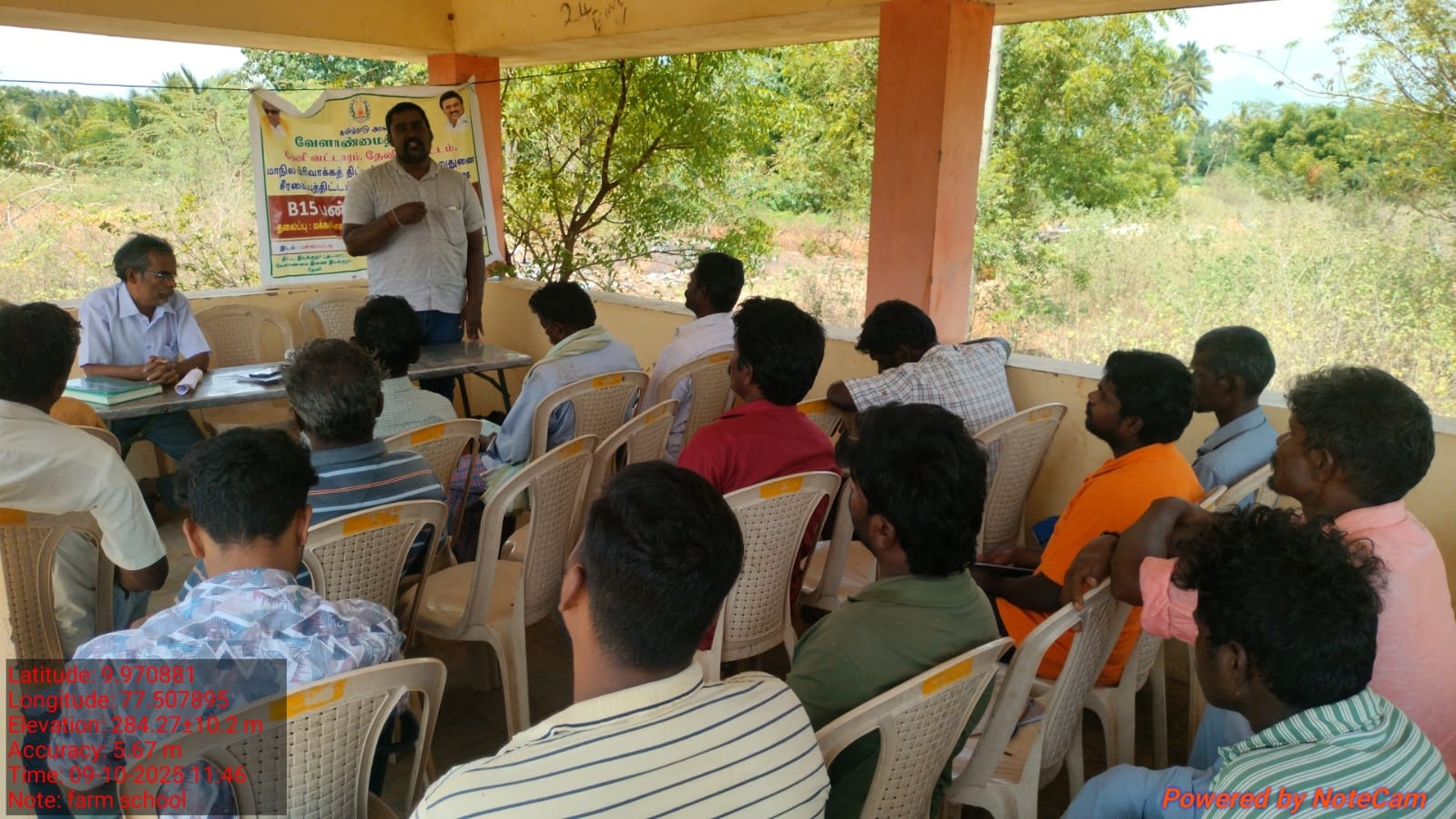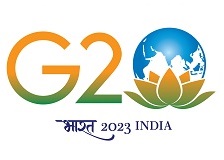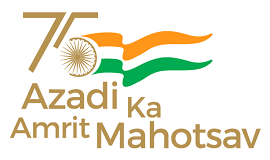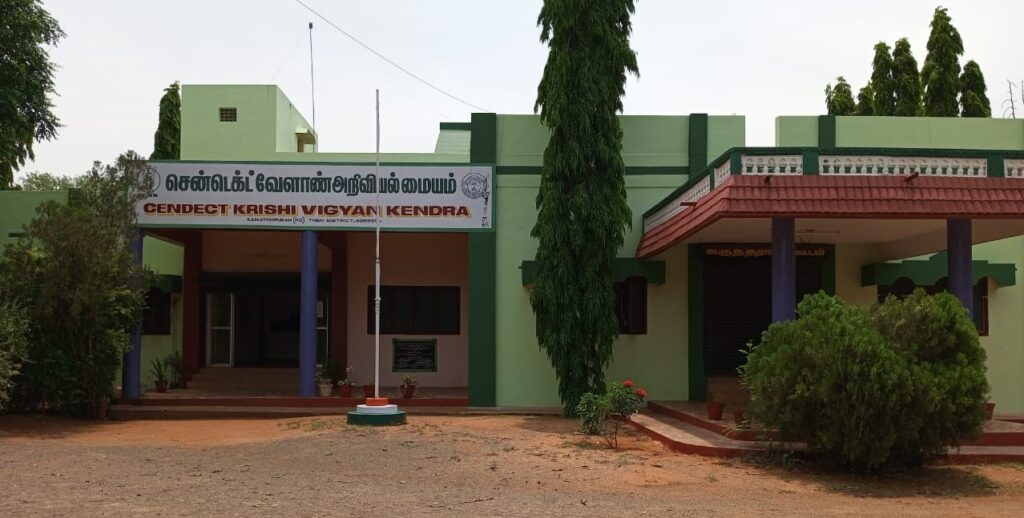

Krishi Vigyan Kendra (Farm Science Centre) in India is a unique system of technology transfer. Started its service on 21st March 1974 at Puducherry, the first KVK in India, grown to 731 KVKs in 2023. As the frontline extension system, KVKs have their footprint in every successful technology developed by institutions and adopted by farmers.... |
Indian Council of Agricultural Research (ICAR), Government of India mandated the establishment of Krishi Vigyan Kendras as grassroots level Farm Science Centres to provide various types of farm support activities like technology dissemination to farmers, training, awareness to achieve the set of objectives. KVK have made dent and has become part of decentralized planning and implementation instrument to achieve desired level of growth in agriculture and allied sector in the district.
KVK play a vital role in conducting on farm testing to demonstrate location specific agricultural technologies. KVK conducts demonstrations to prove the potential of various crops at farmers’ fields. Also conduct need based training programmes for the benefit of farmers and farm women, rural youths. KVK creates awareness about improved agricultural technologies through extension programmes. Critical and quality inputs like seeds, planting materials, organic products, bio fertilizers and livestock are produced by the KVK and made available to the farmers.
Technology assessment, refinement and demonstration of technology/products through the following activities of KVK.
- On-farm testing to identify the location specificity of agricultural technologies under various farming systems.
- Frontline demonstrations to establish its production potentials on the farmers’ fields.
- Training of farmers to update their knowledge and skills in modern agricultural technologies, and training of extension personnel to orient them in the frontier areas of technology development.
- To work as resource and knowledge centre of agricultural technology for supporting initiatives of public, private and voluntary sector for improving the agricultural economy of the district.
- In order to create awareness about improved technology, a large number of extension activities will be taken up.
- The seeds and planting materials produced by the KVKs will also be made available to the farmers.
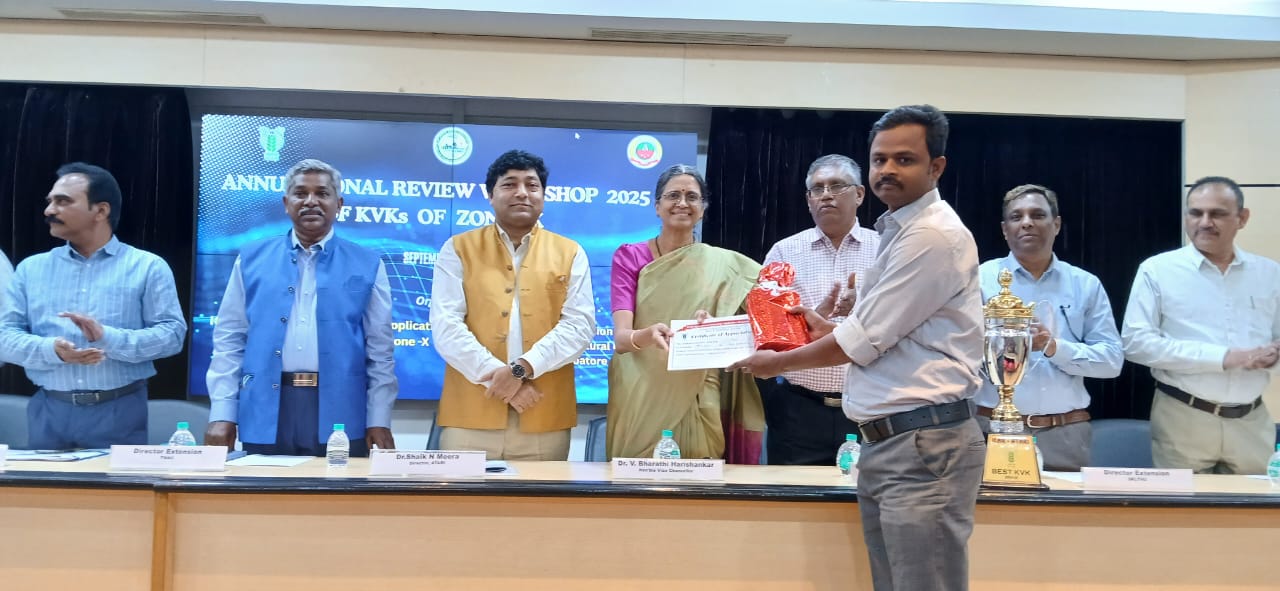

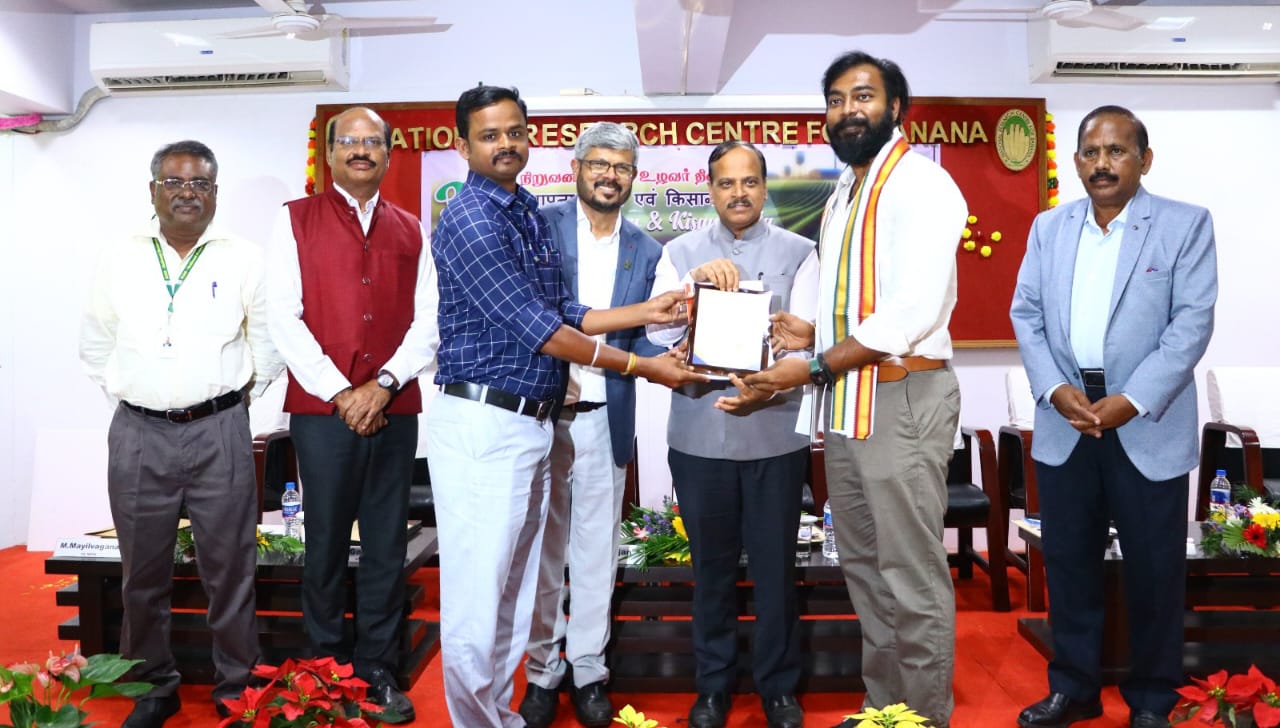
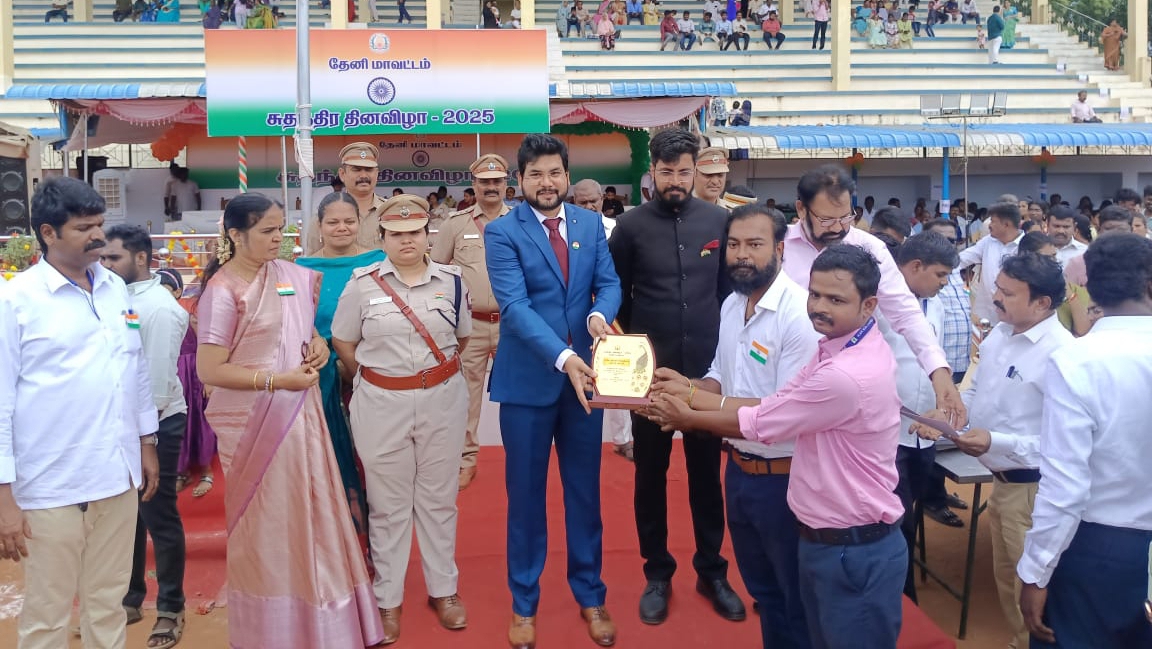
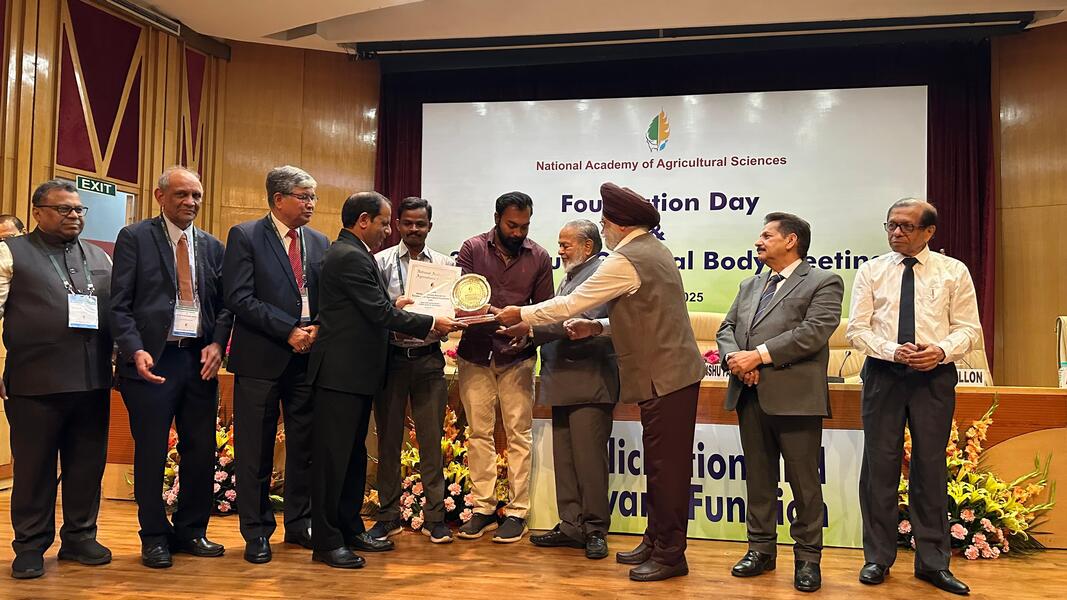


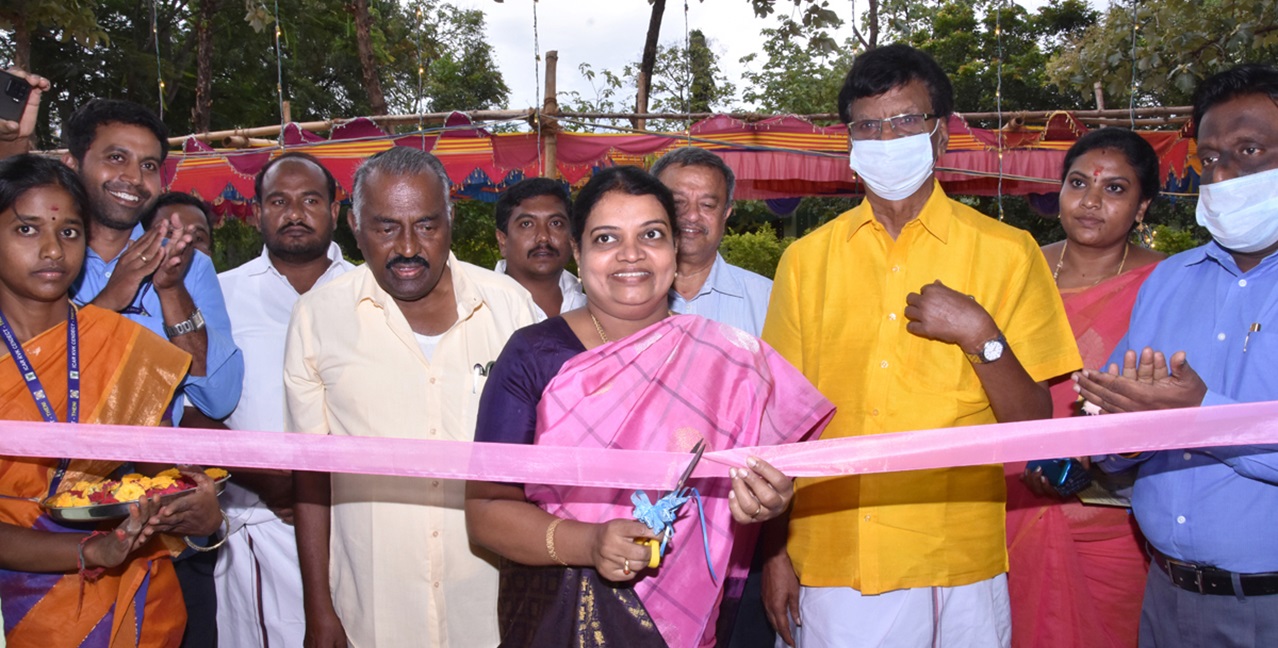
Training on Post Harvest Management and Value Addition in Coffee & Pepper
Event Details:
Conducted off campus training on Post Harvest Management and Value Addition in Coffee & Pepper
• Overview of KVK Mandated Activities
• Handled a technical session on Post Harvest Management and Value Addition in Coffee & Pepper
• Demonstration of Coffee Pulper, Black Pepper Thresher, White Pepper Processor, IRRI storage bag for increasing the shelf life of the produce
• Explained licensing, branding, packaging, labelling, marketing strategies, state and central schemes.
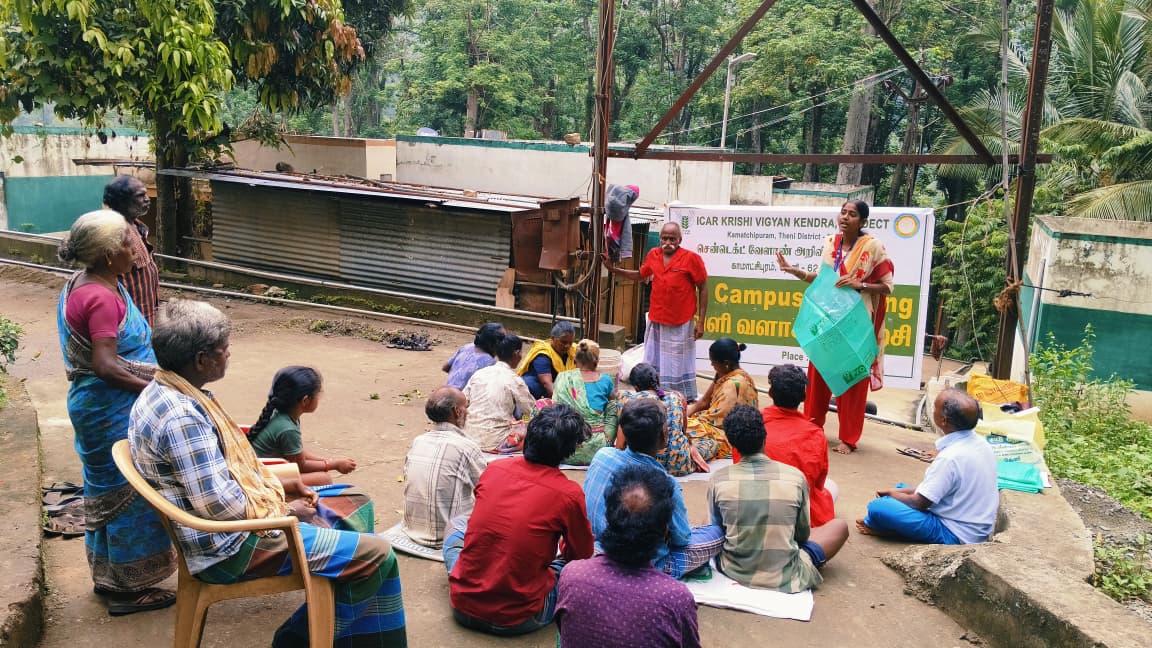
ATMA- Farm School- IPM in Maize
Event Details:
1. Explained about Integrated Pest and Disease management in Maize.
2. Explained about nutrient management practices to the farmers.
3. Explained about organic methods to control pest and disease management.
4. Discussed about major issues faced by farmers and given remedies to the farmers.
5. Finally field visit to Maize to identified the maize fall army worm incidence in maize field and suitable recommendations given to the farmers.
